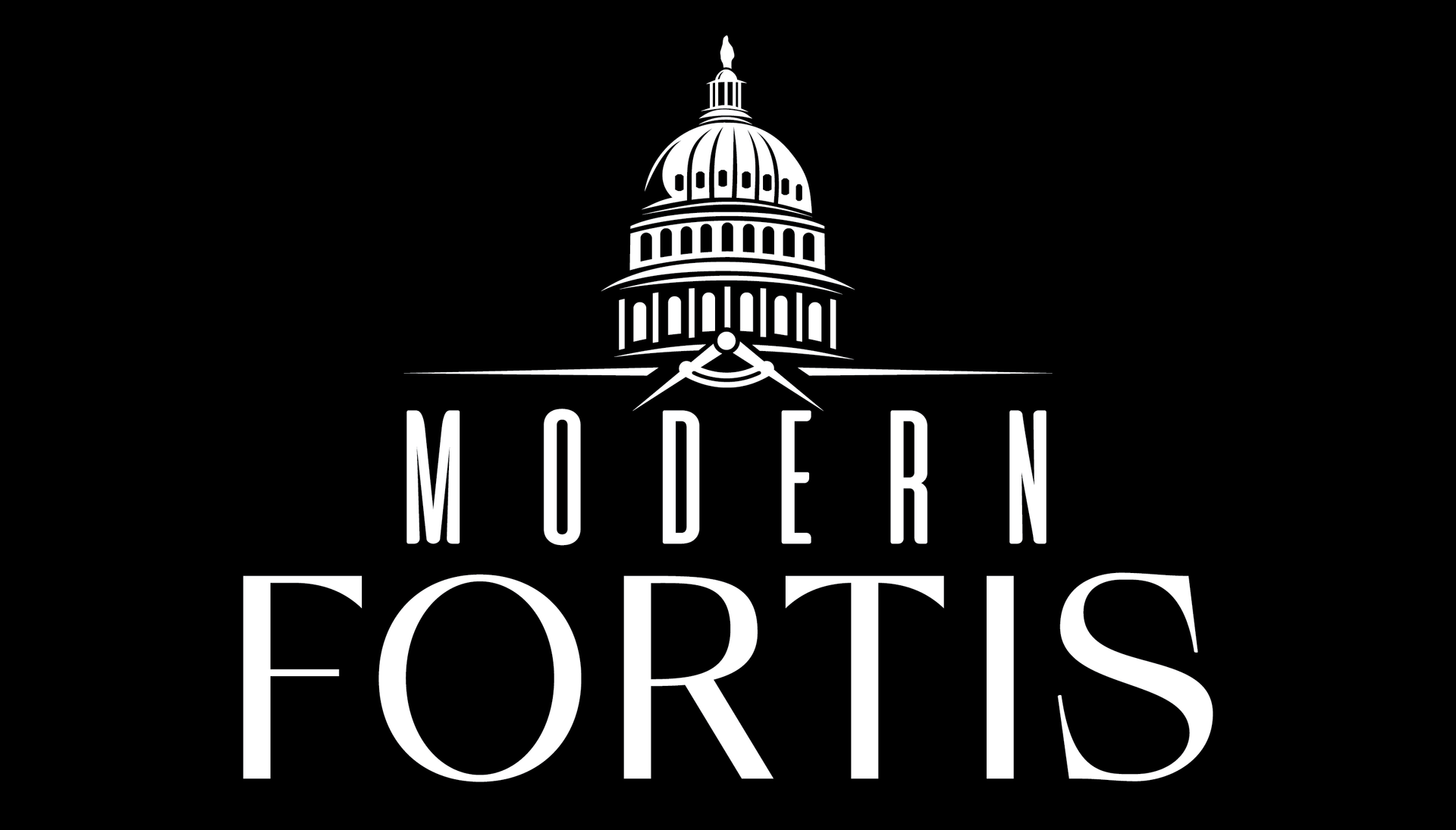

Fixing a Broken System: Reforming Federal Consent Decrees to Support Law Enforcement and Protect Communities
Executive Summary
The federal consent decree system—originally intended to enhance accountability in policing—has evolved into a costly, opaque, and inefficient process that is harming the very communities it purports to protect. Rather than delivering timely reform, these agreements have become multi-decade engagements that drain taxpayer dollars, stifle officer morale, and impede operational effectiveness in police departments across the country.
Modern Fortis, in partnership with law enforcement leaders, is calling for a bold restructuring of the federal consent decree process. This white paper outlines the origins of the problem, Modern Fortis' strategy to address it, and why police professionals across the nation must unite behind this movement.
01
The Problem: A System Exploited for Profit, Not Public Safety
02
The Strategy: Bringing Accountability to Reform
03
The Stakes: A Crossroads for Policing and Public Safety
Federal consent decrees must not be a profit engine for unaccountable monitors or an obstacle to effective policing. The time has come to take back the conversation and rebuild a system that works for officers and the people they protect. With strategic engagement, unified action, and fearless advocacy, we will fix what is broken and put public safety back on track.
1. The Problem: A System Exploited for Profit, Not Public Safety
Federal consent decrees are court-approved agreements between the Department of Justice (DOJ) and a police department, prompted by DOJ allegations of systemic misconduct—typically a vague and undefined "pattern or practice" of unconstitutional policing. These agreements often follow public release of DOJ investigative findings and are signed under significant political pressure. Once approved, a federal judge oversees the decree, with a DOJ-selected monitor enforcing compliance.
This model—empowered by the 1994 Crime Bill—has no defined timeline, no cost ceiling, and minimal performance benchmarks. Cities like New Orleans, Cleveland, and Baltimore have spent hundreds of millions on compliance and monitoring with little clarity on outcomes. Monitors often charge cities $1M–$20M annually, with their teams profiting from prolonged oversight, while the cities cover 100% of the costs.
The results?
- Overextended municipal budgets
- Reduced staffing and recruitment in police departments
- Extended periods of federal involvement with no clear exit path
- Erosion of public trust in meaningful reform
2. The Strategy: Bringing Accountability to Reform
Modern Fortis has developed a phased strategy to overhaul this broken system, rooted in accountability, transparency, and public safety. We apply sophisticated advocacy, data analytics, and coalition engagement strategies—tools that have proven successful across numerous complex public policy fights.
Phase 1: Short-Term Action & Oversight
- Federal Consent Decree Audit Task Force: Launch a national task force to audit active consent decrees, uncovering cost overruns, unjustified delays, and evidence of profiteering.
- Demand Accountability: Partner with DOJ to perform full-scale audits on existing and future monitors, using data transparency to identify abuse and inefficiency.
- Congressional Engagement: Work directly with the House Judiciary and Oversight Committees to investigate monitor practices and DOJ overreach.
Phase 2: Structural Reform
- Appoint a Federal Consent Decree Czar: A central figure within DOJ or a newly authorized federal body to coordinate decree implementation, timelines, and exit plans.
- Standardize the Process: Create a uniform federal consent decree framework with:
- Clear definitions of "pattern or practice"
- Mandatory sunset clauses and performance benchmarks
- Cost transparency for monitoring teams
Phase 3: Legislative Action
- Introduce Federal Consent Decree Reform Legislation: Draft and advocate for legislation to place statutory limits on:
- Duration of consent decrees
- Costs of monitoring
- Scope of federal intervention
- Deliver on the Administration's Public Safety Promise: Position this reform as an opportunity for the Administration to restore balance, protect communities, and uphold constitutional policing.
3. The Stakes: A Crossroads for Policing and Public Safety
Without reform, consent decrees will continue to:
- Drain budgets from cities that could be hiring more officers
- Extend monitoring with no measurable community improvement
- Push talented officers out of the profession
- Fuel public cynicism about reform efforts
If we do not fix this system, we risk undermining both safety and justice.
Police officers, union leaders, sheriffs, and chiefs across the country must support this effort. Your voices matter. Your experiences matter. And your advocacy is essential to dismantle the profit-driven oversight industry that has taken root under the guise of reform.
We invite you to stand with us and demand:
- Transparency
- Fairness
- Results that serve communities—not consultants
Let’s take back the conversation on reform. Let’s build a future where accountability is real, timelines are respected, and law enforcement is empowered to protect the public with honor.



